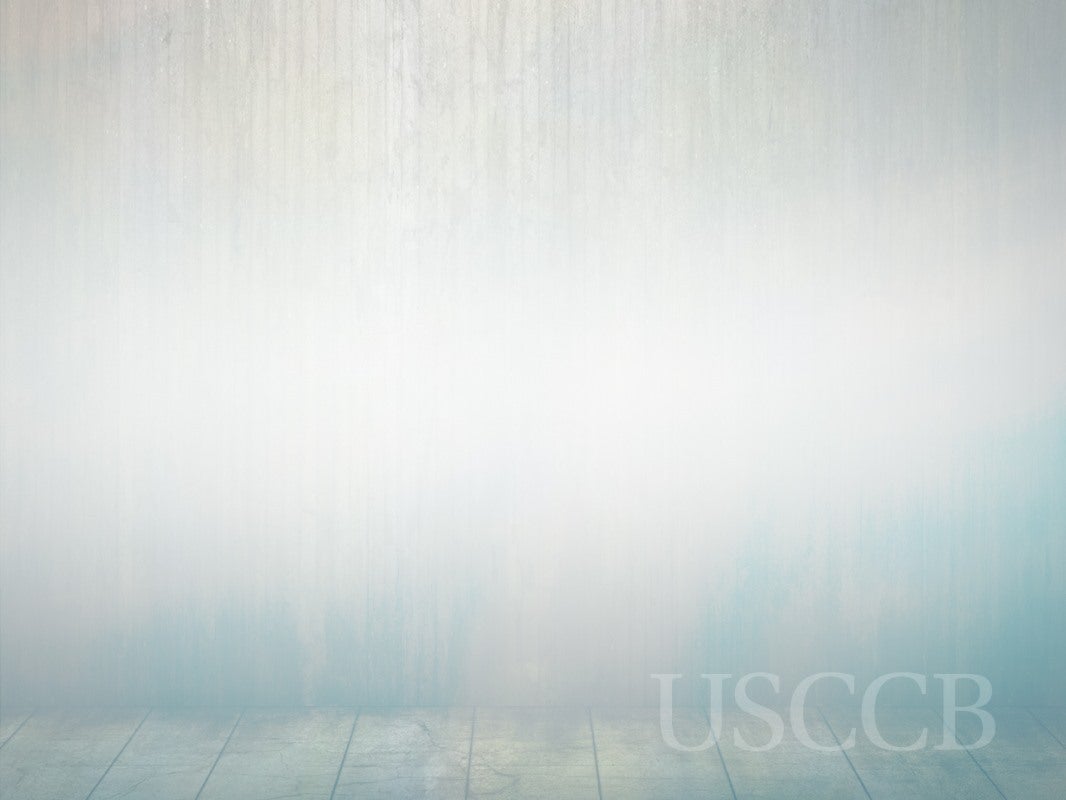

6
trained, experienced, and competent. They are to be outside consultants
and not part of the formation team of a seminary.
7
It is reasonable to expect that the professional chosen for the
evaluation of an applicant would be able to demonstrate an understand-
ing and knowledge of Catholic tradition and ecclesiastical culture; be
familiar with the criteria for inclusion and exclusion to initial seminary
formation; and evidence a respect for a vocation to the Catholic priest-
hood. It is critical, for example, that the psychological professional’s
evaluation of the applicant for the seminary adequately reflects the
Catholic understanding of the human person as a
1. Transcendent being, created in the image of God
2. Who is a unity of body and soul, rational, real, and relational
3. Whose flourishing will be realized in a life of committed self-
giving through the priesthood
4. Whose happiness cannot be reduced to the mere satisfaction
of needs
Within this context, it is especially helpful were the professional to
be familiar with the Catholic teaching on the nature of the priesthood
and have a clear understanding of what chaste celibacy for the sake of
the Kingdom means. Without these understandings, the clinician may
limit the scope of the interviews and may not be able to provide relevant
feedback or appropriate recommendations about the test data obtained.
8
Psychological assessment is not a value-free endeavor. As was
already intimated above, culture, ethnicity, and race influence the
perception, thoughts, behavior, and beliefs of both the evaluator and the
applicant. The professional must be able to interpret correctly the results
of psychological testing in light of the cultural background of the appli-
cant. In addition, most of the psychological measures currently available
to the professional were developed and originally scaled based on the
responses of Caucasian US citizens as the control group for the devel-
opment of interpretive norms. Using the same tests on applicants from
other cultures or countries can sometimes distort the results. Given the
7
Guidelines
, no. 6. The necessary distinctions between the role of the psychological professional
and the seminary formators are elaborated in PPF, no. 80.
8
Guidelines
, no. 6; PPF, no. 51.

















